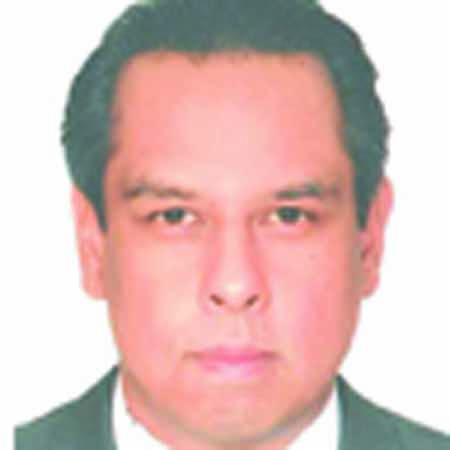Opinion
Free the speech
The beauty of the internet is freedom. Let it be
Bimal Pratap Shah
The Nepali Congress (NC) recently expressed its objections to a few provisions on the Information Technology (IT) Bill registered in Parliament. They highlighted the government is trying to restrict people’s freedom of expression in the name of regulating the IT sector. Nepali Congress, as a stalwart of democracy in Nepal, will have to fight tooth and nail to make sure Parliament does not endorse the bill without amending some of the restrictive clauses.
Simply put, Nepal should not end up going back to the despotic system that people fought against. The Soviet-style centrism, or the Panchayat System was much detested by the population mainly because citizen’s political and press freedom were restricted. Journalists were obligated to either support the system or shut down their media operations. Had the regime promoted press freedom, the system would have been able to get feedback through media and recalibrate itself with the changing aspirations of the people. Should Nepali people not be careful, the new IT bill, if passed, could end up curtailing the fundamental right of the people for freedom of expression and opinion enshrined in the 2015 Nepali Constitution.
Freedom is the right to act, speak, or think as one wants without restraint. This right is one of the founding principles of the United States of America. The First Amendment to the United States Constitution is about the freedoms of religion, speech, press, assembly, and the right to petition the government. The right, however, doesn’t extend to hate speech, advertising, child pornography, and a few other instances.
Many are rightly worried that the government could use the vague clauses in the recently tabled bill to quash freedom of speech and stifle dissent by imposing harsh penalties. For example the provision of a five years in jail and a fine of 1.5 million Nepali rupees for “improper” social media posts deemed defamatory or against national sovereignty by the regime. Furthermore, the government would have the power to block social media platforms like Facebook, Twitter and YouTube unless they are registered in Nepal. This is the mindset close fitting for the world of the 18th century.
Most of the democratically inclined countries have already scrapped such draconian laws. The Government of India often uses Section 66A of the Information Technology Act 2000 to punish people for posting anti-government posts on various social media platforms. For instance, in 2012, Professor Ambikesh Mahapatra, from Jadavpur University was arrested for emailing cartoons lampooning Chief Minister Mamata Banerjee. The Section 66A had long attracted criticism as many feel it was a mechanism of quieting dissent and differences of opinion on the internet. But the Supreme Court in 2015 struck down Section 66A of the IT Act 2000, citing it had a chilling effect on the right to freedom of speech and expression.
Social media has now become the preferred medium of communication. It also has the power to make or break political leaders, connect protest movements, and change societal attitudes on various issues.Countries like Iran and Venezuela have blocked access to certain social media networks. Since, democratic countries cannot do the same, the authoritarian minded regimes usually pass repressive laws to criminalise the posting and sharing of content deemed controversial by the powers to be.
At the same time, it is also necessary for the governments to monitor the social media space to curtail terrorist and criminal activities. What society needs now are balanced data protection and privacy laws that effectively protect both privacy rights and freedom of expression. Legislative efforts to deal with social media usually results in vague legal concepts that can translate into abuse, or encourage excessive censorship. Germany’s recent law on illegal speech and social media is just one example of the risks to free expression that this sort of instrument creates.
Legislation is unable to adapt quickly to the ever-changing social media platforms and as a result do not fit into any of the traditional categories. By the time the government has figured out a category, the platforms would have already evolved to some undefined category. Therefore, it is best if the government leans towards promoting a model of self-regulation to provide more flexibility while protecting free speech.
Technology per se is always neutral. It can be used by governments to repress or empower the population. For instance, authoritarian governments will most likely use the technology to make dystopian Orwellian nightmare a reality. On the contrary, democratically inclined governments will use the same to empower the people. For this very reason, Nepal Congress has to immediately re-calibrate itself for the techno-capitalist world order and work towards securing a society that is free from censorship. Nepal cannot afford to adopt East Germany style Stasi mentality and pass the IT Bill without doing good homework. Nepali Congress must do whatever it takes to ensure Nepal does not go that way.
Olga Cavalli, an Argentine specialist on Internet governance, once said, “The beauty of the Internet is the freedom.” Let it be.
Shah is a policy wonk.




 20.51°C Kathmandu
20.51°C Kathmandu










